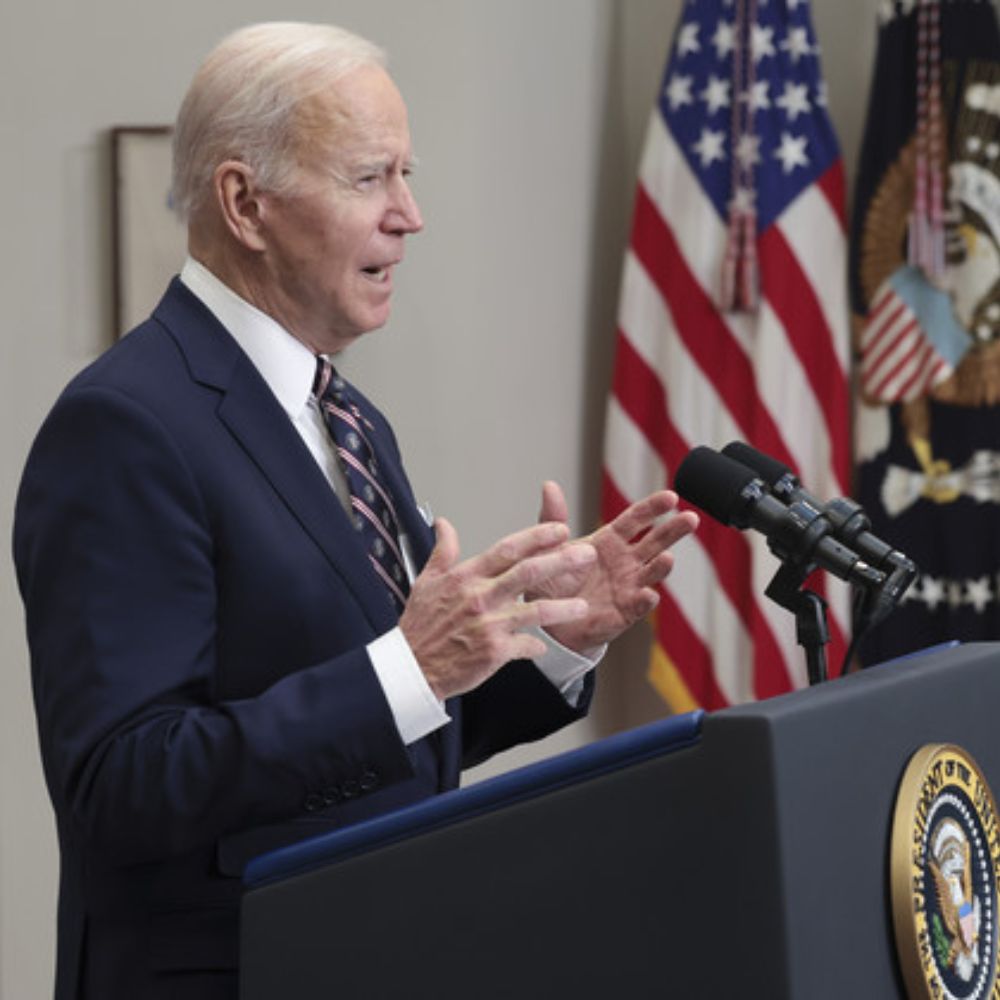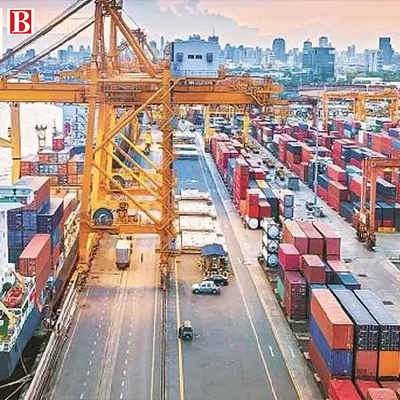Recognizing the need for comprehensive immigration policy reform, the Biden administration has been diligently working to improve visa accessibility for Indians. President Joe Biden aims to forge a stronger bond between the world’s two largest democracies, partially to enhance their competitiveness vis-à-vis China. The backlog of visas resulting from the near-complete halt of visa processing worldwide in March 2020 due to the COVID-19 pandemic is still being addressed by U.S. visa services.
Image-: The Print
In a surprising turn of events, it seems that the Biden administration is poised to facilitate the lives of Indians in the United States, allowing them greater opportunities to reside and work in the country. Sources suggest that during Prime Minister Narendra Modi’s state visit this week, efforts will be made to assist skilled Indian workers in entering or remaining in the United States.
A potential announcement from the State Department, expected as early as Thursday, may unveil a pilot program enabling a select number of Indians and other foreign workers on H-1B visas to renew their visas within the U.S., eliminating the need for travel abroad. This program, if successful, could be expanded in the forthcoming years. It is worth noting that Indian citizens make up a significant majority, 73%, of the approximately 442,000 H-1B workers in fiscal year 2022, highlighting their active utilization of the U.S. H-1B program.
A U.S. official emphasized the value of mobility among people, acknowledging it as a considerable asset. The official further added that the State Department has been diligently exploring innovative avenues to implement changes, showcasing their dedication to addressing this matter comprehensively. A spokesperson mentioned that the pilot initiative would commence with a limited number of cases and gradually expand over the next one to two years. Each year, the U.S. government allocates 65,000 H-1B visas for companies seeking skilled foreign workers, with an additional 20,000 visas reserved for workers with advanced degrees. These visas have a three-year duration and can be renewed for another three years.
According to U.S. government data, prominent companies utilizing H-1B workers in recent years include Indian-based Infosys and Tata Consultancy Services, alongside U.S. companies such as Amazon, Alphabet, and Meta. Granting the ability for certain temporary foreign workers to renew their visas within the U.S. would alleviate the strain on resources for visa interviews at consulates abroad.
Moreover, the pilot program aims to encompass workers with L-1 visas, which cater to individuals transferring within a company to assume a position in the U.S. This initiative seeks to address the backlog of visa applications at U.S. embassies in India, which, according to sources, is gradually showing signs of progress. The matter is expected to feature prominently in discussions between the delegations of the two nations during their time in Washington. India has long expressed concerns regarding the arduous visa process faced by its citizens, particularly those in the technology industry. It is worth noting that as of April, the U.S. Labor Department reported over 10 million job openings in the country.
Recent months have witnessed several H-1B visa holders in the U.S. being laid off, forcing them to urgently seek new employers within a limited 60-day “grace period” or return to their home country. Recognizing the need for comprehensive immigration policy reform, the Biden administration has been diligently working to improve visa accessibility for Indians. President Joe Biden aims to forge a stronger bond between the world’s two largest democracies, partially to enhance their competitiveness vis-à-vis China. The backlog of visas resulting from the near-complete halt of visa processing worldwide in March 2020 due to the COVID-19 pandemic is still being addressed by U.S. visa services. Consequently, families have experienced extended periods of separation, leading some to voice their grievances on social media platforms.















